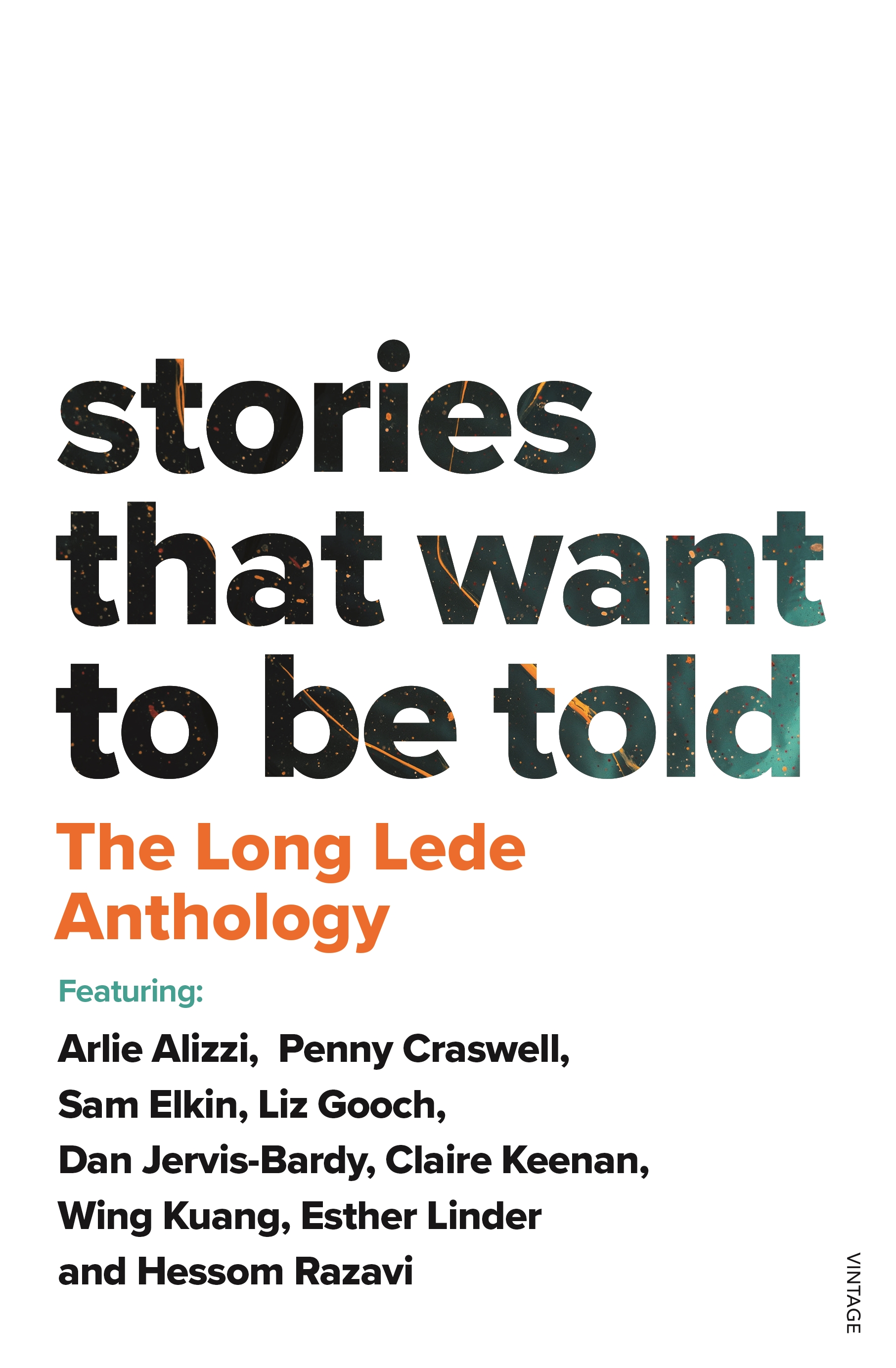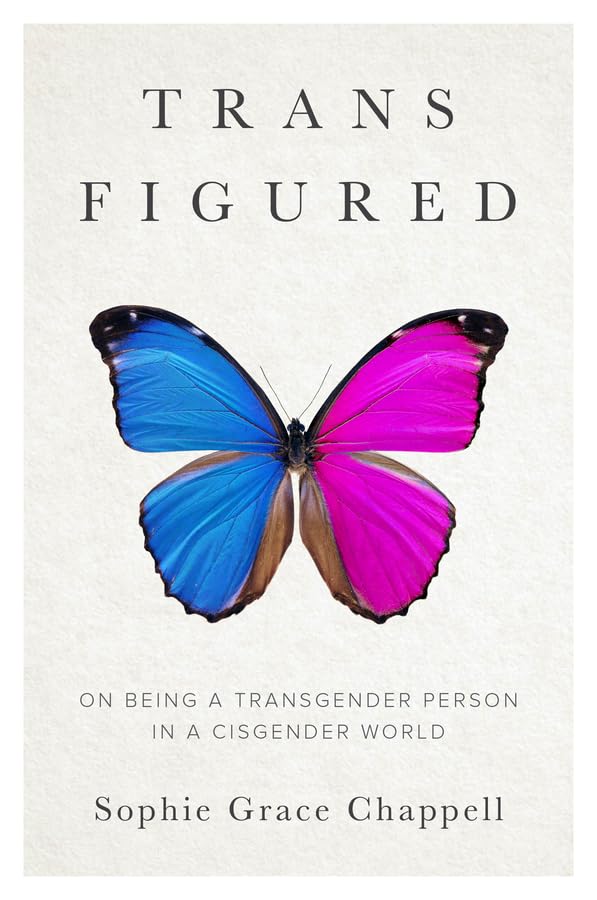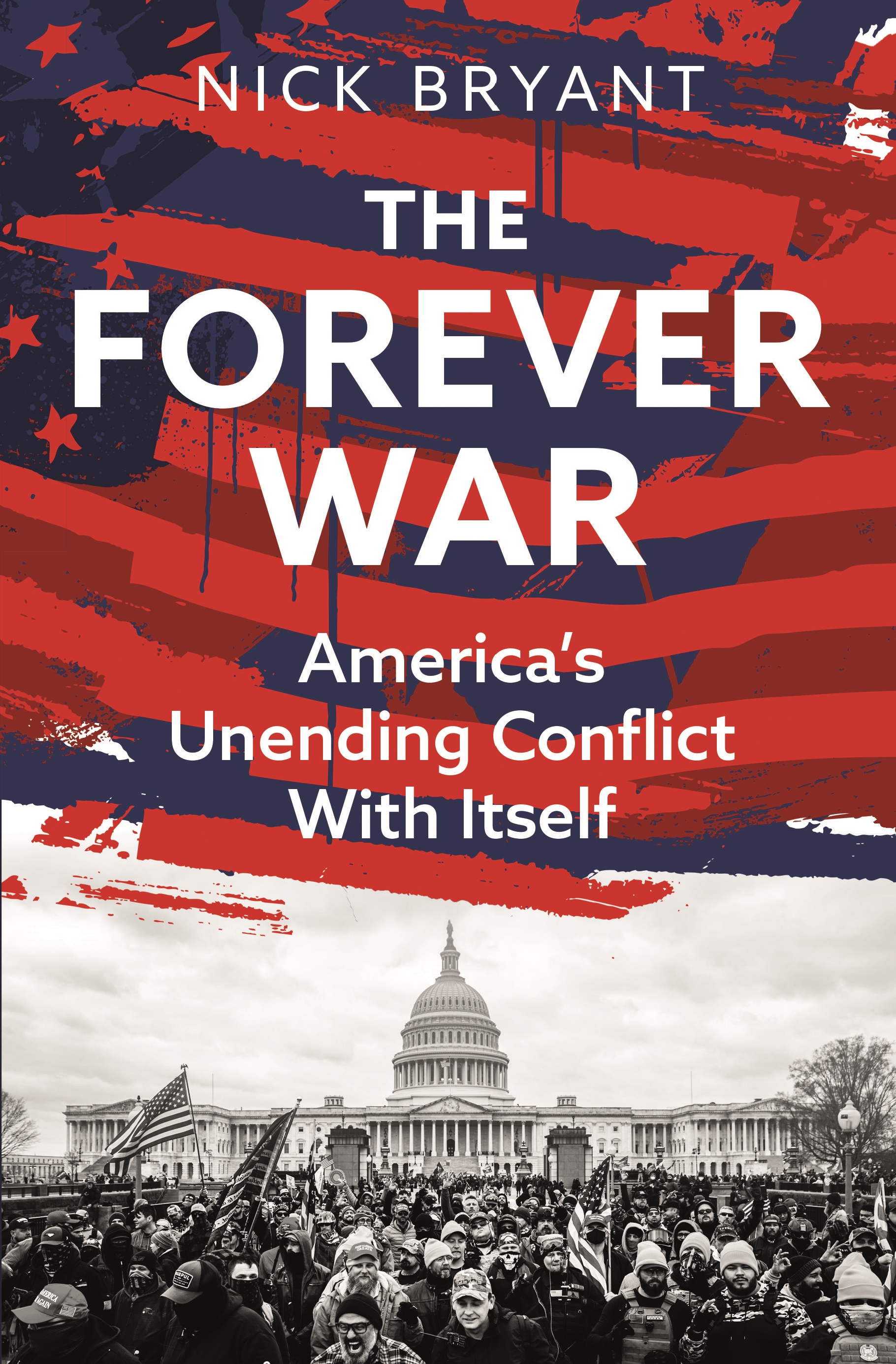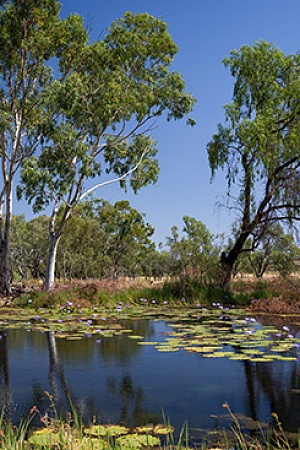Canberra Stages a Good Festival
I saw an elderly, quite famous poet sitting all forlorn on a large boulder, neither quite inside a lecture room nor quite outside on the leafy lawn.
Her location, and the droop of her shoulders said, See, I am alone. I knew her, I had taken her once on a short publicity round in Sydney, years ago: should I stop and say, Remember me? Remember that book you wrote, how we thought it might change things, and perhaps it has.
But that would have violated her deliberately-chosen position. I remembered I had felt sorry for her then, years ago in Sydney, had tried clumsily to reach into her solitude across the barriers of brief, brisk professional acquaintances, the pressure of taxis and appointments. And had failed, which was proper, because suddenly I realised she cherished her solitude, wrapped it round her like melancholy armour. So I swept past in my chattering group and let the moment pass.
Was I right? Or callous, callow, misjudging?
This is Canberra’s second Word Festival, a kind of mini-Adelaide Writers’ Week, and many of the same faces are here. Of course I am relieved to see the familiar figures, and a shade bored too. I suppose by now my own face is also familiar. (‘Who is that woman? I’ve seen her around before.’ But maybe no-one asks. Which is worse?)
I didn’t want to come. My domestic life has suffered an upheaval lately, leaving me feeling empty and hollow, null and void. All those, and more. Or rather, less. I had not anticipated these feelings and what is frightening is, they’re getting stronger. If it goes on like this I shall be unable to appear in public at all, which will be disastrous. But if I fight against them and win, I may become hard and brittle, a ghastly gleaming facade with nothing behind it. This will be even more disastrous.
Luckily I have to come. One of my finest writers is going to be here, and she gently exhorts and persuades me. There are other writers here I need to see too. I know I should come, make an effort, raise the profile, oh God. Either that or stop. I will not stop.
And see how I am rewarded! The familiar faces are kind, reassuring; it seems I do still exist after all. The writers’ speech and demeanour remind me that they also battle with the curious and terrifying vagaries of the spirit, with fine results. An earnest young man talks to me far into the morning about metaphysics, determinism, preordination, chance, destiny, and personal decisions in various dimensions. I am a little lost in profundity, but happy anyway. It would not have happened if I’d stayed home.
There are plenty of grumblers, of course. The quality of the food – Doris Lessing’s acerbic replies to tentative questions – the irregular functioning of the microphones – the impossibility of attending four sessions simultaneously – the yawn-yawn predictability of certain speakers.
But others are having a good time. They are enjoying huge breakfasts, never eaten at home. They are listening to, learning from what they hear. There are opportunities to speak to writers you’ve always (or perhaps never) admired, you can get books signed too, no extra charge. A little gentlemanly business gets done in odd half-hours, quite a lot of it by me. (Gentlemanly is better than ladylike, although both are quaintly dated.)
In between discontent and delight, there is plenty of scope for public or private musing. On what principle did Humphrey McQueen decline his award for Best Book Reviewer? Why do some of us read all the time and yet end up having read so little? Do discussions of food and wine writing have any place at a literary festival? Are the people of Canberra – ‘the community’ as they’re called these days – represented in the audience? Who on earth wants to see and hear a writer anyway, why not just read the work? Why is there no discussion of the debasement of words? Why is there no real discussion full stop? Could it be otherwise?
I can think of two answers, neither satisfactory, so continue to toss and turn with the question.
There is ample opportunity for drinking, carousing, going to the races, swimming. None of this features on the official program but is an essential part of the fun. When I mention to a publisher that the bedrooms at University House have thin walls, he flashes me a look of horrified alarm. It’s all right, all right – I’m located in a different wing.
In the afternoons writers read from their own or other people’s work. (Most read from their own, naturally.) These sessions compete with panel discussions on assorted topics. We are encouraged to move from room to room, which is distracting for writers and panellists: One writer, awaiting her tum, watches anxiously as the audience gradually drifts away. Will she have to read to an empty room? Embarrassing. In fact everyone drifts back again as soon as she begins, and by the end of her half-hour there is not a chair or an inch of floorspace unoccupied.
There are several official lunches, dinners, book launchings. Doris Lessing shows her metal by attacking both newspapers and academics at a dinner sponsored by the Canberra Times, where she is introduced by Professor Elliott from the ANU; ‘The Community’, hundreds of it gets quite a buzz out of this.
Sipping a beer on a lawn bordered by flowerbeds, far too elegant to be called a beer garden, I am menaced by an uppity magpie. Later I am told that Canberra magpies actually make unprovoked and bloody attacks on people in their nesting season. (Did Daphne du Maurìer ever visit this town? Surely not.) Perhaps they are insufficiently accustomed to the sight of humans unencased by cars to allow us our space.
A great stroke of luck on the plane home. I had been too shy to ask Raymond Carver to sign a book for me: I had never read his work, mea culpa, and this seemed insulting. I knew that a friend would have particularly cherished a signed copy of Fires. When I mentioned this, with regret, to another festival participant, she generously let me have hers, insisting that it was the book, not the signature which mattered to her. It was a good festival.








Leave a comment
If you are an ABR subscriber, you will need to sign in to post a comment.
If you have forgotten your sign in details, or if you receive an error message when trying to submit your comment, please email your comment (and the name of the article to which it relates) to ABR Comments. We will review your comment and, subject to approval, we will post it under your name.
Please note that all comments must be approved by ABR and comply with our Terms & Conditions.